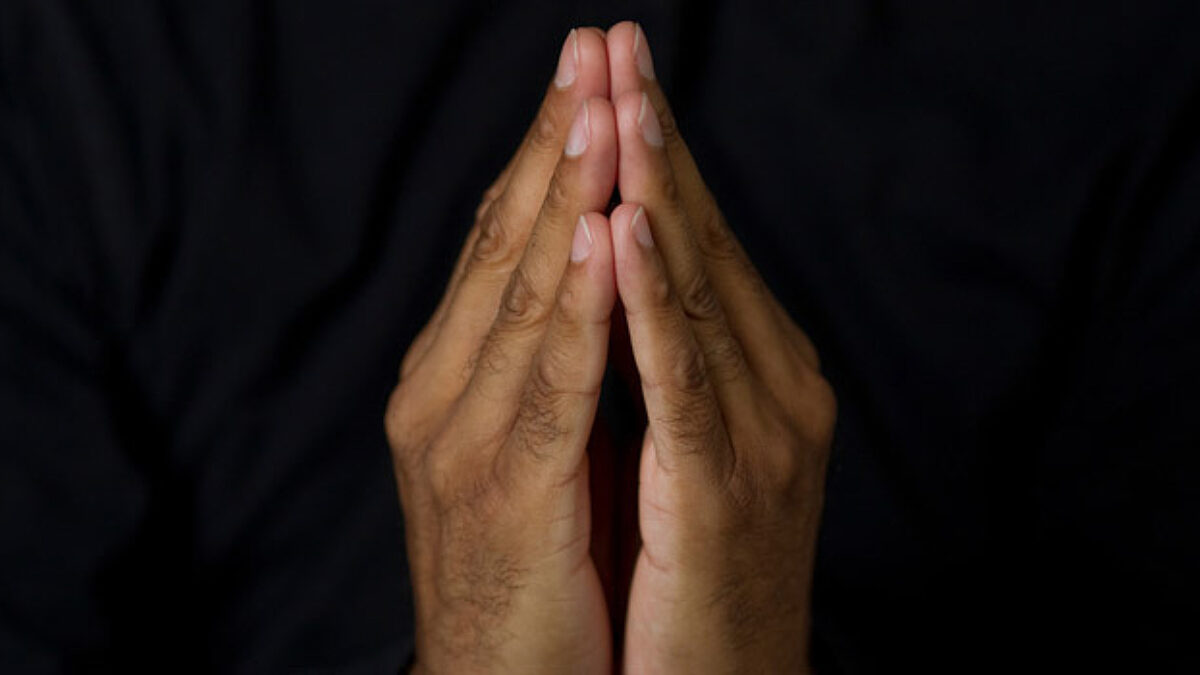
Making it plain
By Bishop L. Jonathan Holston
“With what shall I come before the Lord and bow down before the exalted God? Shall I come before him with burnt offerings, with calves a year old? Will the Lord be pleased with thousands of rams, with ten thousand rivers of olive oil? Shall I offer my firstborn for my transgression, the fruit of my body for the sin of my soul? He has shown you, O mortal, what is good. And what does the Lord require of you? To act justly and to love mercy and to walk humbly with your God.”—Micah 6:6-8 (NIV)
We’ve been here before. Wondering what God’s plans for us are. Trying to figure out who we are called to be in the community and in the world. Taking our next faithful steps as the future looms ahead.
It is suggested that the prophets of Israel were either criticizing or energizing God’s people. The prophet’s role was one of accountability. Micah has pointed out the selfish and sinful habits the Israelites had developed, and they, in turn, sarcastically question what they should do instead. In a hyperbolic fashion, they offer exaggerated options for sacrifices they could make to restore right relationship with God—thousands of rams, 10,000 rivers of oil and even their firstborn child.
What I have come to know is that confession and repentance is hard and painful work. No one ever feels that they have wronged anyone or done anything that needs an apology until it is brought to their attention. Yet repentance goes beyond confession. To truly repent demands a life changed from the inside out. It asks us to make a 180-degree turn with a resolve to choose God’s way rather than our own. This change takes hard work.
There is much to be learned from butterflies about the importance of challenge and hard work. Author and researcher Susan Laing tells the story in this way:
“A man found a cocoon of a butterfly. One day he saw a small opening in the cocoon. He sat and watched the butterfly for several hours as it struggled to force its body through that little hole. Then it seemed to stop making any progress. It appeared as if it had gotten as far as it could and could go no further. So, the man decided to help the butterfly. He took a pair of scissors and snipped off the remaining bit of cocoon.
The butterfly then emerged easily. But it had a swollen body, and small shriveled wings. He continued to watch the butterfly, because he expected that, at any moment, the wings would emerge and expand to support the body, which would contract in time. Neither happened! In fact, the butterfly spent the rest of its life crawling around with a swollen body and shriveled wings. It was never able to fly. The man felt a great sadness.
“What he had not understood was that the restricting cocoon and the struggle required to get through the tiny opening were nature’s way of forcing fluid from the body of the butterfly into its wings so that it would be ready for flight once it achieved its freedom from the cocoon. It had needed to struggle.”
It is in the struggle, after all, that the butterfly gains its strength.
What does strength look like in the life of faith? It’s not about how we restore who we are or who we were, but, instead, how do we become who God needs us to be.
Micah points the Israelites in the right direction to begin this journey of transformation—to act justly, love mercy, and walk humbly with God—but it is up to the people to choose to follow.
As we take our next faithful steps, let’s choose to follow where God is leading. There will be moments of struggle and uncertainty, but if we persevere, we will be ready for the opportunities that are ahead to make disciples and transform our communities.
In the South Carolina Conference, we have developed and approved from the grass roots the Four Priorities that will be our road map for becoming who God needs us to be. Through the work of 1) developing leaders, 2) engaging our communities, 3) connecting with and growing disciples and 4) measuring and evaluating current realities and missional possibilities, we will gain the strength we need for this kingdom-building goal.
When we make space for God to work in our lives to transform us from the inside, there will surely be moments of struggle, but when we emerge, we will be ready to fly.